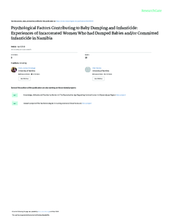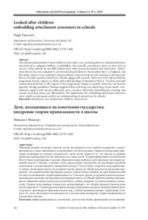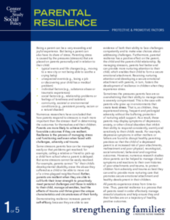Demographic Data
|
Sources: World Bank, UNICEF, UNDP HDR 2015, DHS 2014 |
Displaying 6831 - 6840 of 14403
This volume provides readers around the globe with a focused and comprehensive examination of how to prevent and respond to child maltreatment using evidence-informed public health approaches and programs that meet the needs of vulnerable children, and struggling families and communities. Detailed guidance is provided about how to re-think earlier intervention strategies, and establish stronger and more effective programs and services that prevent maltreatment at the population level.
The purpose of this study was to explore and describe the experiences of incarcerated women who had dumped or committed infanticide in Namibia.
The Christian Alliance for Orphans has offered this challenge grant opportunity to spark innovation as child-serving organizations create or expand effective family care solutions for children. The organizations have reported their progress in a series of videos.
Attachment theory has been adopted in several educational districts (‘local authorities’) in England, and this study reports on an evaluative mixed-methods research study of such training; it also theorises this as a broader question about how schools engage with research.
Through systematic and strategic searches, the authors explored the existing trends of Family Group Conference (FGC) research in indigenous contexts.
This report from Save the Children provides an overview of the impacts of armed conflict on children, the efforts that Save the Children and others are making to address the needs of children affected by armed conflict, and a series of recommendations for governments and others.
This paper explores the leaving care policies of the Australian state of Victoria, and the reasons for policy "inaction" on providing post-care support to youth leaving care until the age of at least 21 years old.
This packet includes the research brief about each protective factor as well as an “action sheet” for service providers about their role in supporting families to build each protective factor.
This paper explores how Black South Africans perceive and experience the adoption assessment process regarding the adoption of abandoned children.
This article describes some of the research outcomes and the ongoing work of the research collaboration between University College Cork (UCC) and Tusla – Child and Family Agency which sought to make a contribution to fostering stability through applying the approach of traumainformed care.






